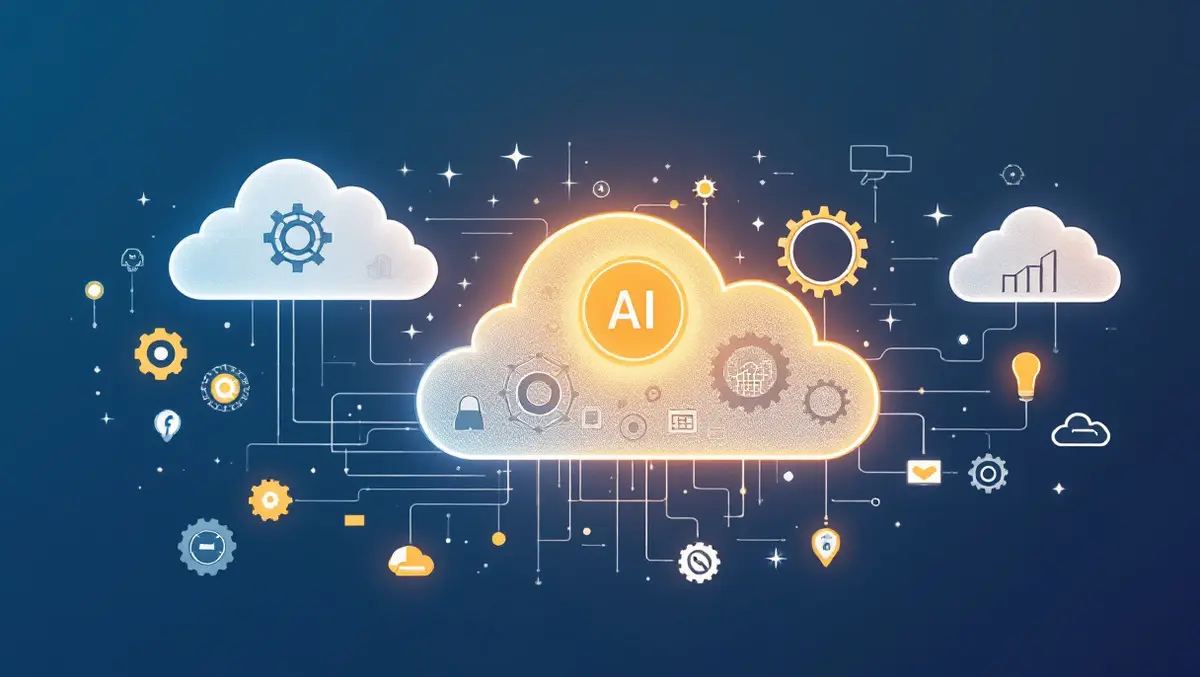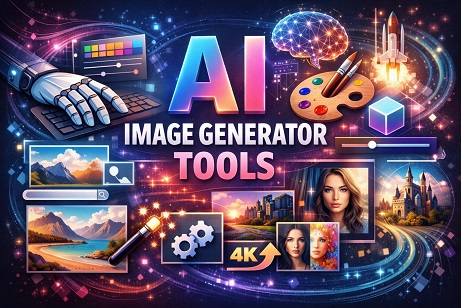Stories you may like
Cloud AI
Cloud AI tools are internet-accessible artificial intelligence services and resources hosted on public cloud platforms, like Google Cloud Platform (GCP) and Amazon Web Services (AWS), that allow organizations to develop, deploy, and utilize AI models and applications. These platforms offer pre-trained models, APIs for custom model development, and automated machine learning (AutoML) to help with tasks such as natural language processing, image recognition, data analysis, and content generation for applications like customer service chatbots, personalized recommendations, and process automation.
The amalgamation of cloud computing and AI, known as Artificial Intelligence Cloud or Cloud AI, represents a groundbreaking fusion of technologies. Organizations can seamlessly incorporate AI tools, algorithms, and cloud services into their day-to-day operations by merging AI with cloud computing.
Cloud AI enables enterprises to utilize AI's full potential, including machine learning, natural language processing, and computer vision. Its integration offers a multitude of advantages, equipping businesses with a competitive edge.
Benefits of Cloud AI
A primary benefit of Cloud AI lies in its capacity to process extensive datasets rapidly and efficiently. This feature is particularly advantageous in data-centric industries like e-commerce, banking, and healthcare, as it enables machine learning algorithms to uncover concealed patterns and insights within large data repositories. Moreover, this analytical capability empowers organizations to base their decisions on data-driven insights.
Moreover, Cloud AI facilitates the automation of tedious and repetitive tasks by deploying AI-powered algorithms. The implementation of automation results in a more streamlined operation, increased efficiency, and a reduction in manual labor dependency. This in turn generates significant cost savings and boosts productivity. The real-time capabilities of Cloud AI are pivotal in various applications, ranging from swift customer service through chatbots to the automation of production processes, illustrating its transformative impact on different sectors and enterprises.
Cloud AI enables AI-powered organizations to leverage the scalability, flexibility, and accessibility of cloud computing. This amalgamation fosters a dynamic and responsive corporate ecosystem, positioning organizations advantageously within the data-driven, AI-enhanced business landscape.
Key Components and Examples
- Pre-trained Models and APIs:
These offer ready-to-use AI capabilities for various tasks.
- Google Cloud's Vertex AI: A unified platform providing Google's full suite of AI/ML capabilities, including access to models like Gemini and tools for image and video generation.
- Google Cloud Vision API: Detects objects, faces, and landmarks in images, and offers Optical Character Recognition (OCR) for text extraction.
- Google Cloud Natural Language API: Provides sentiment analysis, entity recognition, and other features to understand text.
- Automated Machine Learning (AutoML):
Enables users to create and train machine learning models without extensive coding, making AI more accessible.
- Specialized Services:
Cloud providers offer tools for specific domains.
- Conversational Agents: AI-powered chatbots for customer service and information retrieval.
- Code Assistance: Tools like Gemini Code Assist help developers write, complete, and debug code.
- Multimodal Capabilities: Gemini models can understand and generate content across text, images, and code.
Benefits of Cloud AI
- Scalability and Cost-Effectiveness:
Leverage the hyperscale infrastructure of cloud providers for large-scale AI tasks without significant upfront investment in hardware.
- Customization and Flexibility:
Develop tailored AI solutions to address specific business problems that off-the-shelf products cannot.
- Enhanced Decision-Making:
Analyze big datasets to derive insights into customer behavior, predict demand, and identify operational issues.
- Automation and Optimization:
Automate tedious tasks and streamline processes, such as supply chain management, to increase productivity.
- Personalized Customer Experiences:
Create personalized product recommendations and provide AI-powered customer support.
- Improved Security:
AI-powered tools can enhance security by detecting anomalies and mitigating threats in real-time.









User's Comments
No comments there.